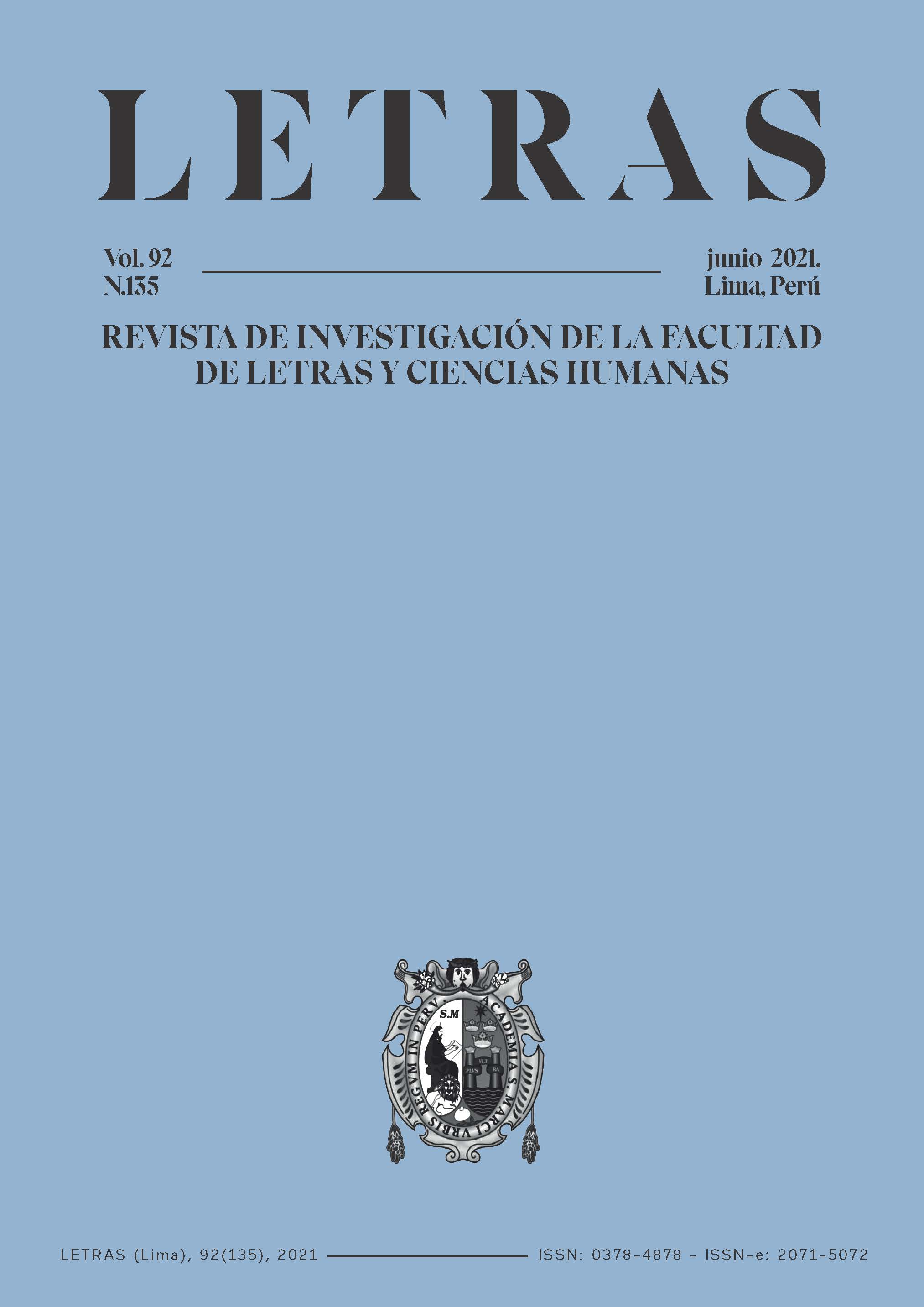Family Violence and Afro-Cuban Rituals in Two Plays by José Triana (1960, 1965)
DOI:
https://doi.org/10.30920/letras.92.135.7Keywords:
José Triana, Cuban Theatre, Family Violence, Afrocubanity, Antonin ArtaudAbstract
Cuban playwright José Triana has published works that stage domestic crimes committed through Afro-Cuban rituals, which gest explore the physical and sound possibilities of the word, giving greater relevance to “space poetry” (Artaud) than to verbal language. The article aims to analyze in Medea en el espejo (published in 1960) and La noche de los asesinos (published in 1965) the ways in which violence responds to an aesthetic search for Triana, which puts the Artaud’s program into dialogue with African religious practices. While other studies have already examined continuities between La noche de los asesinos and the cruelty theater, the signs of the setting have not yet been addressed and this appropriation of Artaud in Medea en el espejo has not yet been analyzed. By examining the dramatic text and the virtuality of the spectacular text, we will try to observe that these depictions of cruelty can be read as an act of emancipationof racist, male and Western power. Such aesthetic choices —the Afro-American traditions, the body’s preponderance over the word and the discursive ambiguity— are part of a political operation by Triana, who responds to debates about the social function of theatre through works that resist homogenization and colonization.Downloads
Published
2021-06-30
Issue
Section
Studies
How to Cite
Family Violence and Afro-Cuban Rituals in Two Plays by José Triana (1960, 1965). (2021). Letras (Lima), 92(135), 78-93. https://doi.org/10.30920/letras.92.135.7







